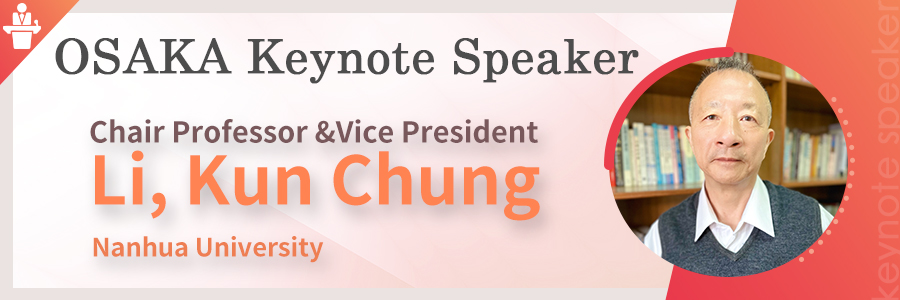
Teaching Strategies to Cope with the Impact of Generative AI
In response to the impact of generative AI on teaching, firstly, education must adjust. Generative AI provides students with a vast amount of information and knowledge, forcing a shift from learning knowledge to learning skills and competencies. Secondly, teaching must be flipped. Students can easily obtain the knowledge they need from generative AI, and teachers cannot prohibit its use in teaching. Only by teachers and students making good use of generative AI together can the needs or demands of students, parents, and schools be met. Thirdly, assessment must change. When the majority of students submit assignments using generative AI, teachers must adapt by changing the content of assessments to higher-level cognitive assessments and enhancing oral, practical assessments, and incorporating reflective portfolio assessments. Fourthly, teachers' mindset must adjust. Teachers facing the possibility of generative AI replacing the role of knowledge transmission, their importance being diminished, and having to quickly adjust teaching and assessment methods, experience increased stress and need psychological adjustment. Lastly, student learning must transform. Students can easily and at any time obtain knowledge from generative AI and receive individualized learning support. However, if they cannot learn autonomously and critically innovate, but instead become overly dependent, they will become lazy in thinking, passive, and lack critical innovation, making it difficult to survive in society.
The belief in facing the impact of generative AI on teaching should be: "AI cannot surpass teachers, but teachers who make good use of AI will surpass those who do not," and "rather than escaping or resisting, it's better to surpass and join hands." The eight teaching strategies and mindsets for coping with the impact of generative AI are as follows:
Use Wisely, Not Prohibit: View generative AI as an "assistant" tool for teaching and learning, an aid for thinking, enhancing thought, and correcting errors, not for prohibition or dependency, but for wise and optimized use by teachers and students.
Assistant, Not Gunman: Generative AI can be an "assistant" tool for teaching and learning, a virtual assistant for teaching or learning, not a ghostwriter.
Use Carefully and Be Alert: While making good use of it, it's also important to use it carefully to avoid issues like collecting user personal data, infringing on user privacy, or creating biases or prejudices.
Optimize, Not Depend: Schools at all levels should clearly regulate or offer workshops on AI-assisted teaching and learning, guiding teachers and students to make good use of generative AI to "optimize" teaching and learning, rather than over-relying, blindly applying, or plagiarizing.
Diversity, Not Uniformity: In the AI era, teaching and assessment (selection or examination) should emphasize higher-level cognition (critical innovation), oral exams, or practical work, rather than relying on AI software to the exclusion of other teaching and assessment methods.
Clarity, Not Ambiguity: Teachers should specify in the syllabus whether AI can be used, when it can be used, how it will be assessed, and define the scope of prohibition and clarify the positive and negative impacts on education, employment, privacy, ethics, safety, equality, and risk, as well as appropriate response measures.
Save Time for Transformation: By making good use of generative AI, teachers can save time on teaching preparation and knowledge instruction, and students can save time on drafting assignments or plans, conceptualizing or expanding thoughts, and checking and correcting. This saved time can be used to strengthen skill or competency teaching, autonomous learning, or project-based learning, and enhance innovation and practice among teachers and students.
Opportunity, Not Crisis: Facing the significant changes brought by generative AI, it's better to see it as an opportunity or turning point rather than a crisis or dilemma. The use of AI in teaching has shifted from a free choice to a standard necessity. Teachers should seize the opportunity of AI to enhance skill and competency teaching and guide students in holistic development.
Keywords: Generative AI, Teaching Strategies, Coping Strategies

